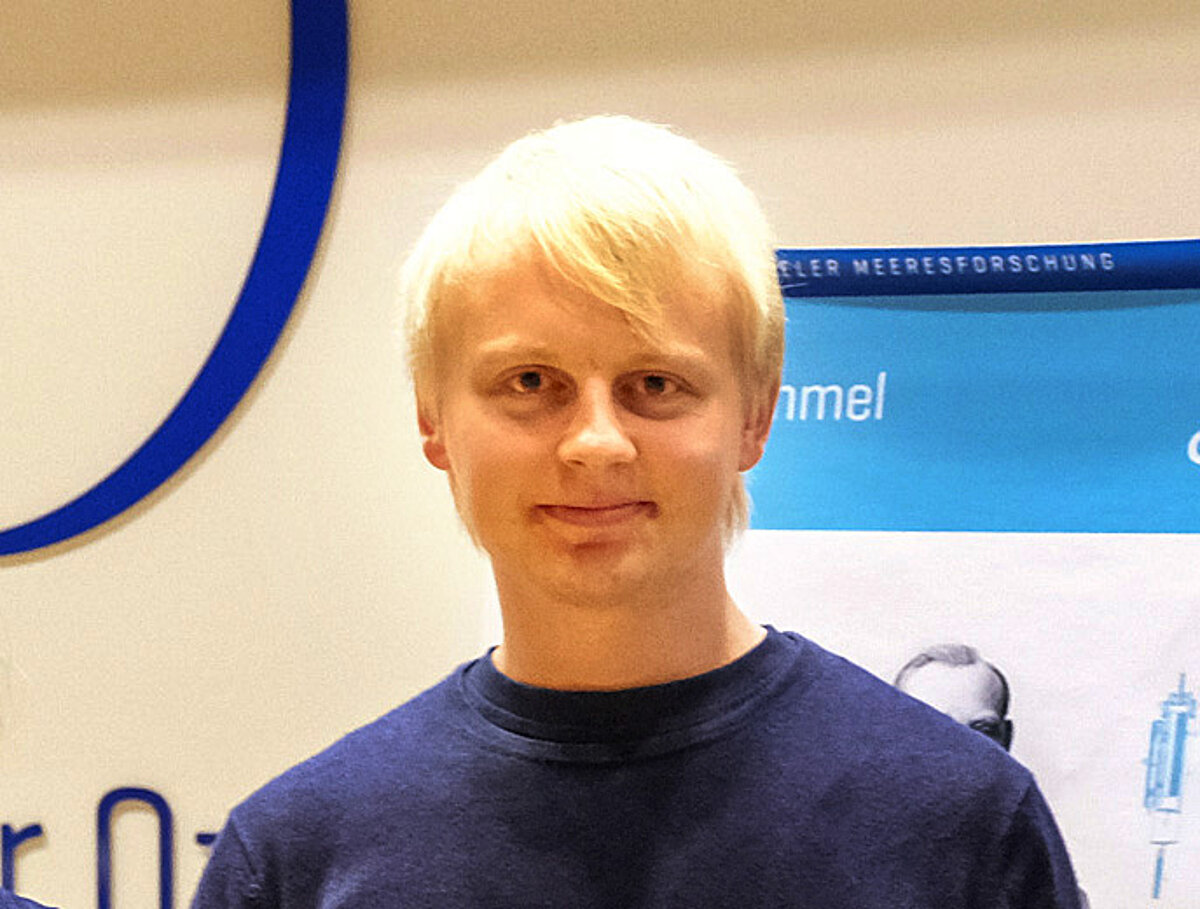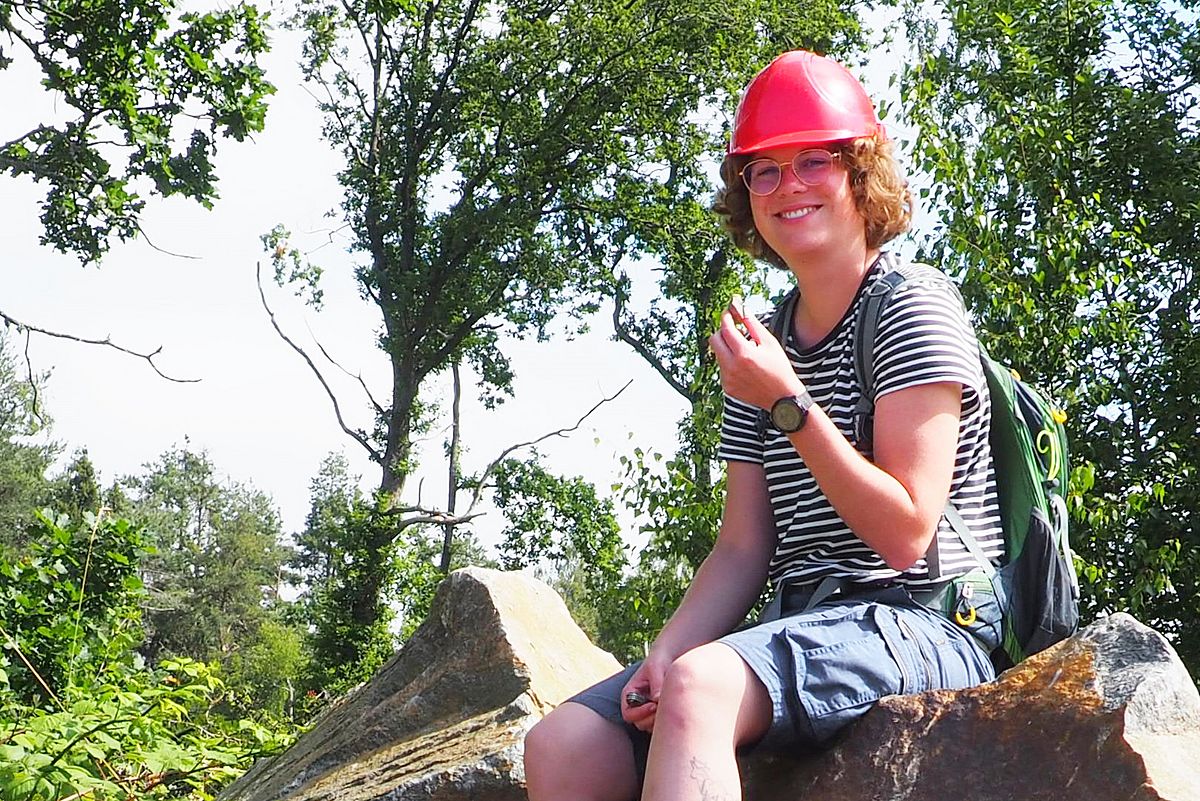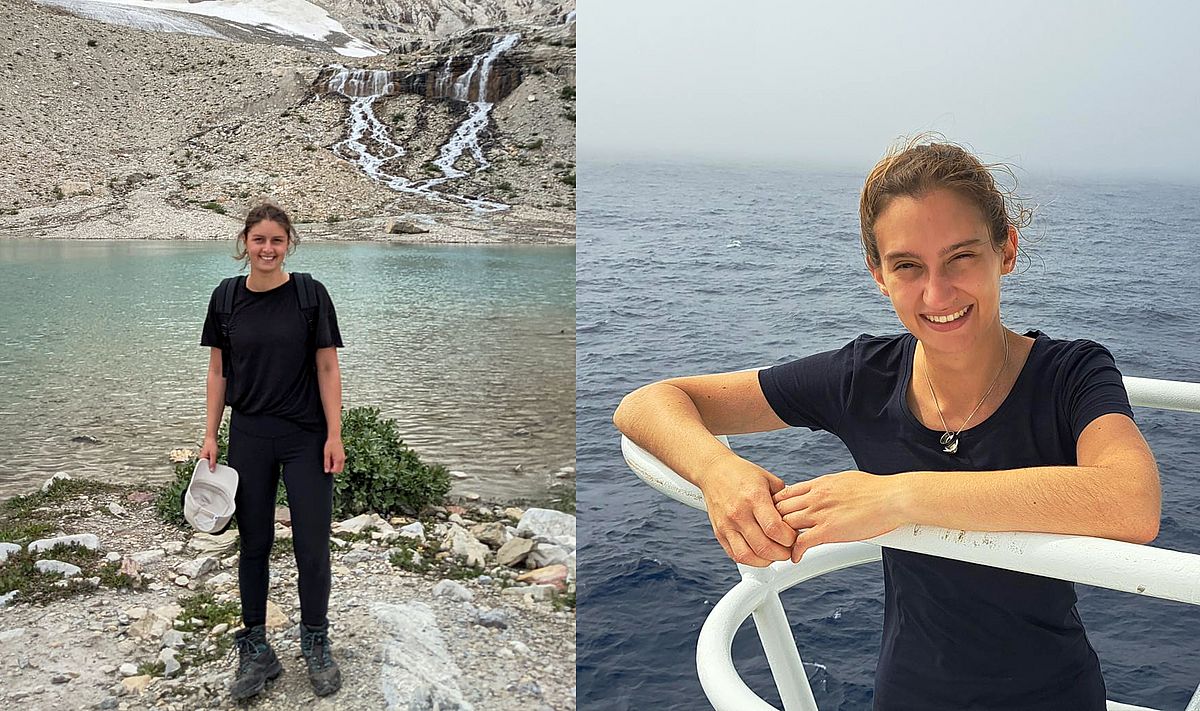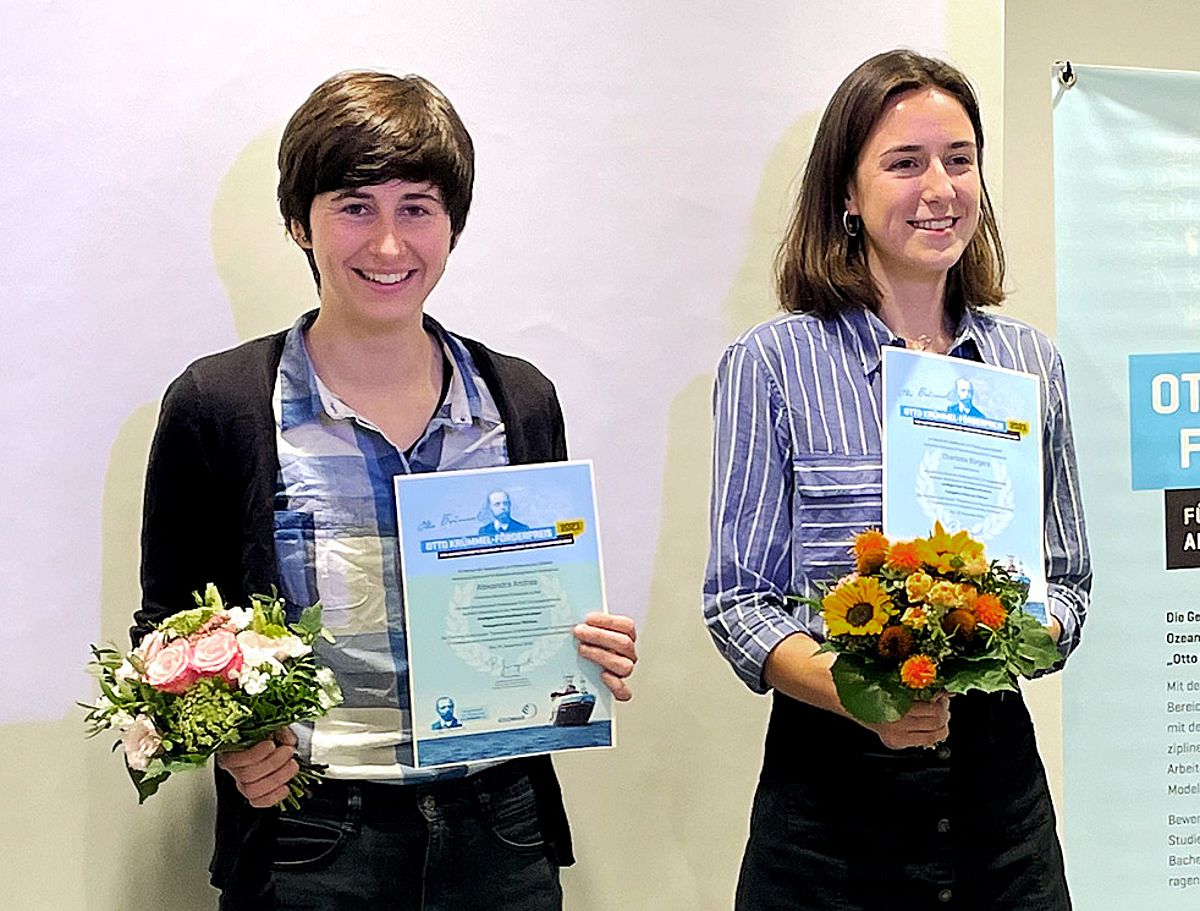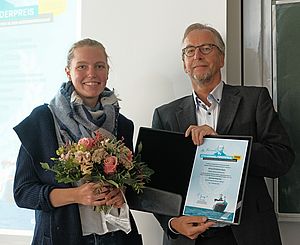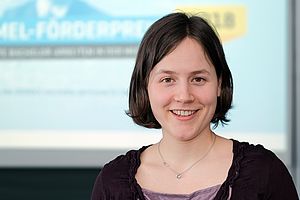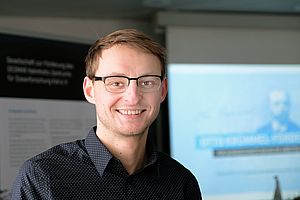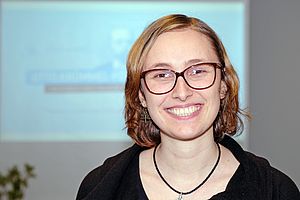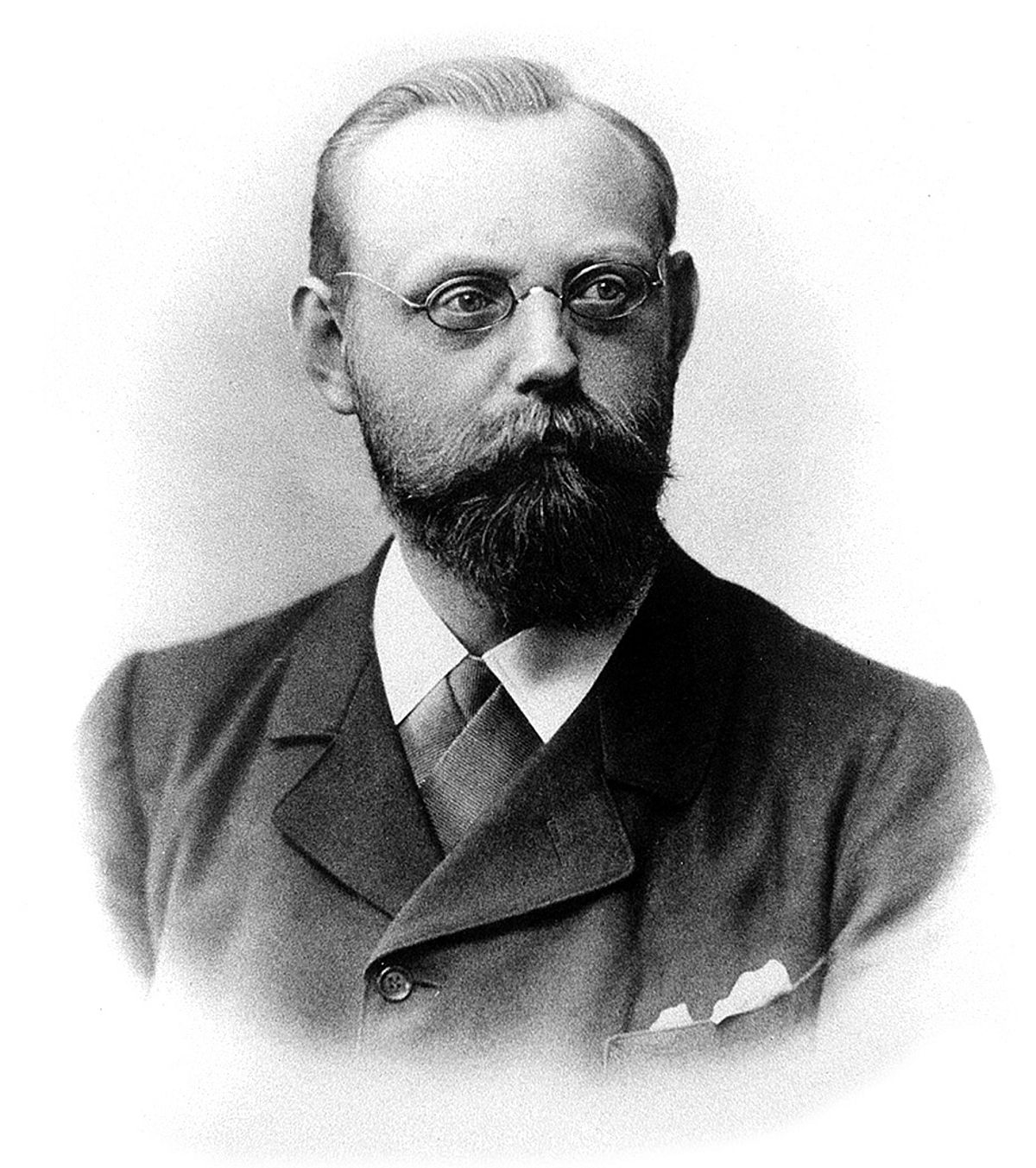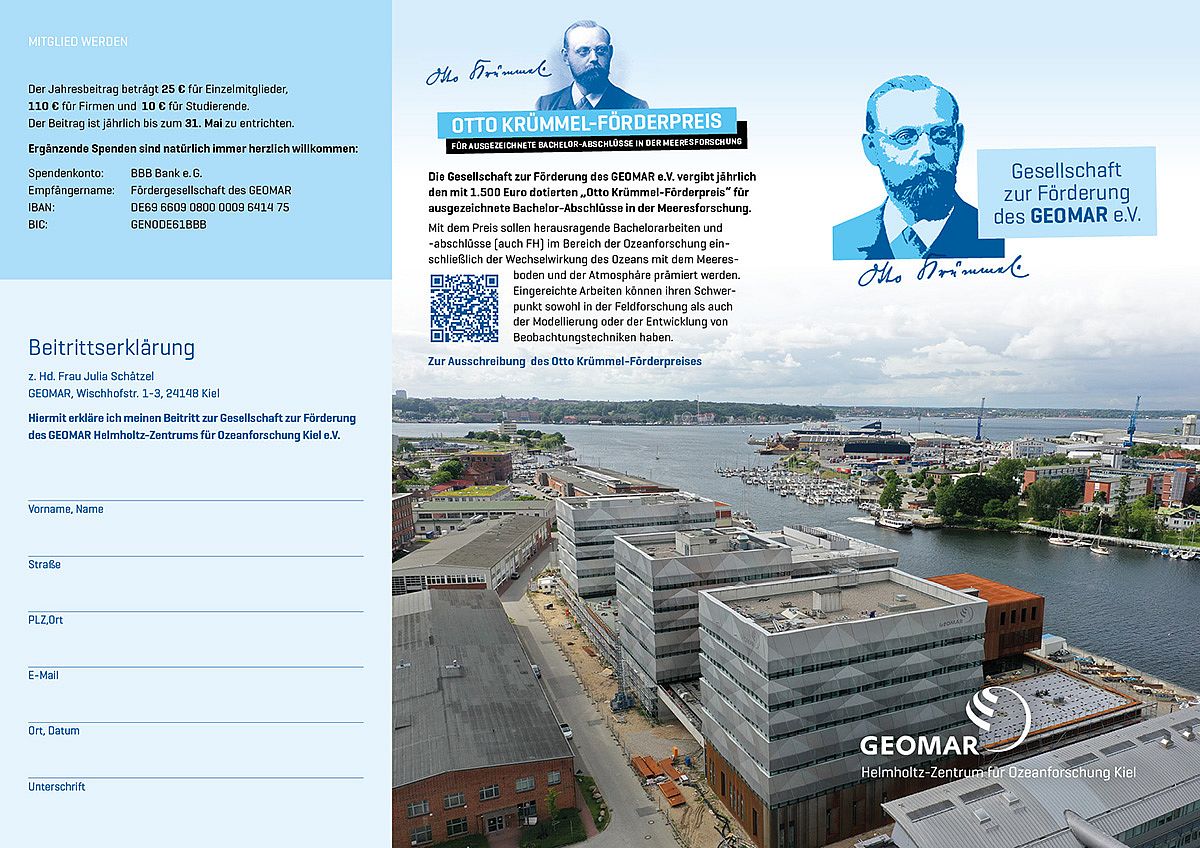This year's Otto Krümmel Award goes to Lasse Kummer for his overall excellent bachelor’s degree. For his bachelor’s thesis, Lasse Kummer, a graduate of the Physics of the Earth System programme at Kiel University, utilised the NEMO (Nucleus for European Modelling of the Ocean) model to explore how varying resolutions affect the representation of ocean circulation. His focus was on smaller structures such as ocean eddies and western boundary currents in the North Atlantic, which are crucial for model accuracies. Kummer analysed an idealised “double-gyre circulation” in five model experiments with different resolutions. He summarised his findings in his bachelor’s thesis titled “Representation of double-gyre circulations in ocean models of varying horizontal resolutions”.
“Mr Kummer's work demonstrates that students can achieve remarkable scientific accomplishments early in their academic careers,” said Dr Peter Gimpel, Chairman of the Society. “With the Otto-Krümmel Prize, we aim to recognise this and bring the bachelor’s degree, which is often undervalued in the natural sciences, into the spotlight.”
“The Otto-Krümmel Prize is a great recognition for young researchers,” said GEOMAR Director Professor Dr Katja Matthes. “We award it during our internal Science Day at the Centre and deliberately make it part of our scientific exchange.” Addressing the laureate, she added: “This prize acknowledges your outstanding achievement, and I hope it motivates you to continue your scientific journey with enthusiasm.”
Lasse Kummer has been studying Physics of the Earth System at Christian-Albrechts-University of Kiel (CAU) since 2020, and is currently enrolled in the Climate Physics programme. He completed his thesis in the Marine Meteorology Research Unit in the Ocean Circulation and Climate Dynamics Research Division at GEOMAR, supervised by Dr Malin Ödalen and Professor Dr Joakim Kjellsson. The latter expressed his admiration: “In addition to completing all the planned tasks, Lasse Kummer conducted additional analyses to verify the realism of the simulations. His results provide valuable insights into the advantages and limitations of various model configurations and help us better understand the impacts of finer grid resolutions.”
The goal was not to create the most realistic model but to investigate the effects of varying resolutions. Kummer found that higher resolutions lead to increasingly turbulent flows that affect the overall circulation. Notably, larger eddies alter the direction of currents and impact heat transport in the ocean. A higher resolution can thus better represent both the mean ocean state and the variability in variables such as heat transport.
Models with lower resolution, while less realistic, are mathematically easier to understand and describe. Due to their mathematical simplicity, these models, despite their imperfections, contribute to a deeper understanding of the fundamental mechanisms relevant to more complex models.
“The analysis scripts developed in this work are already being used by other researchers and will remain valuable tools in the future,” said Joakim Kjellsson appreciatively. “A colleague summed it up perfectly when he asked if it was a Master’s thesis – no, it’s a Bachelor’s thesis, an excellent one!”
Link to GEOMAR News


![[Translate to English:] Mayra Schlack](/fileadmin/_processed_/8/5/csm_Preistraegerin_2025_Mayra_Schlack_afc9359e3c.jpg)
